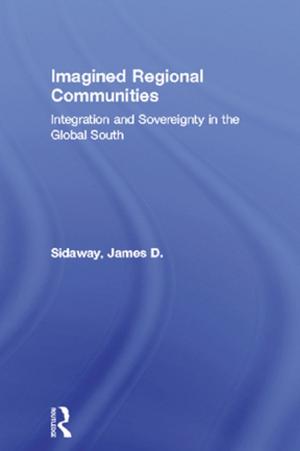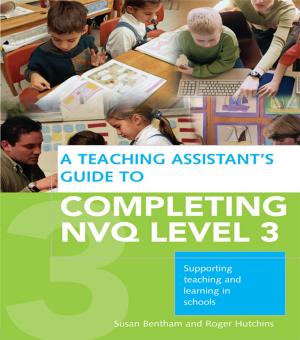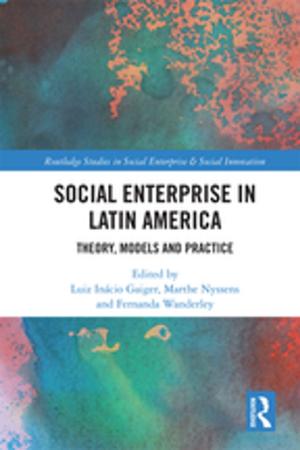| Author: | ISBN: | 9781351538299 | |
| Publisher: | Taylor and Francis | Publication: | September 25, 2017 |
| Imprint: | Routledge | Language: | English |
| Author: | |
| ISBN: | 9781351538299 |
| Publisher: | Taylor and Francis |
| Publication: | September 25, 2017 |
| Imprint: | Routledge |
| Language: | English |
Psycholinguistics is an interdisciplinary field, and hence relationships are at its heart. First and foremost is the relationship between its two parent disciplines, psychology and linguistics, a relationship which has changed and advanced over the half century of the field's independent existence. At the beginning of the 21st Century, psycholinguistics forms part of the rapidly developing enterprise known as cognitive neuroscience, in which the relationship between biology and behavior plays a central role. Psycholinguistics is about language in communication, so that the relationship between language production and comprehension has always been important, and as psycholinguistics is an experimental discipline, it is likewise essential to find the right relationship between model and experiment.
This book focuses in turn on each of these four cornerstone relationships: Psychology and Linguistics, Biology and Behavior, Production and Comprehension, and Model and Experiment. The authors are from different disciplinary backgrounds, but share a commitment to clarify the ways that their research illuminates the essential nature of the psycholinguistic enterprise.
Psycholinguistics is an interdisciplinary field, and hence relationships are at its heart. First and foremost is the relationship between its two parent disciplines, psychology and linguistics, a relationship which has changed and advanced over the half century of the field's independent existence. At the beginning of the 21st Century, psycholinguistics forms part of the rapidly developing enterprise known as cognitive neuroscience, in which the relationship between biology and behavior plays a central role. Psycholinguistics is about language in communication, so that the relationship between language production and comprehension has always been important, and as psycholinguistics is an experimental discipline, it is likewise essential to find the right relationship between model and experiment.
This book focuses in turn on each of these four cornerstone relationships: Psychology and Linguistics, Biology and Behavior, Production and Comprehension, and Model and Experiment. The authors are from different disciplinary backgrounds, but share a commitment to clarify the ways that their research illuminates the essential nature of the psycholinguistic enterprise.















